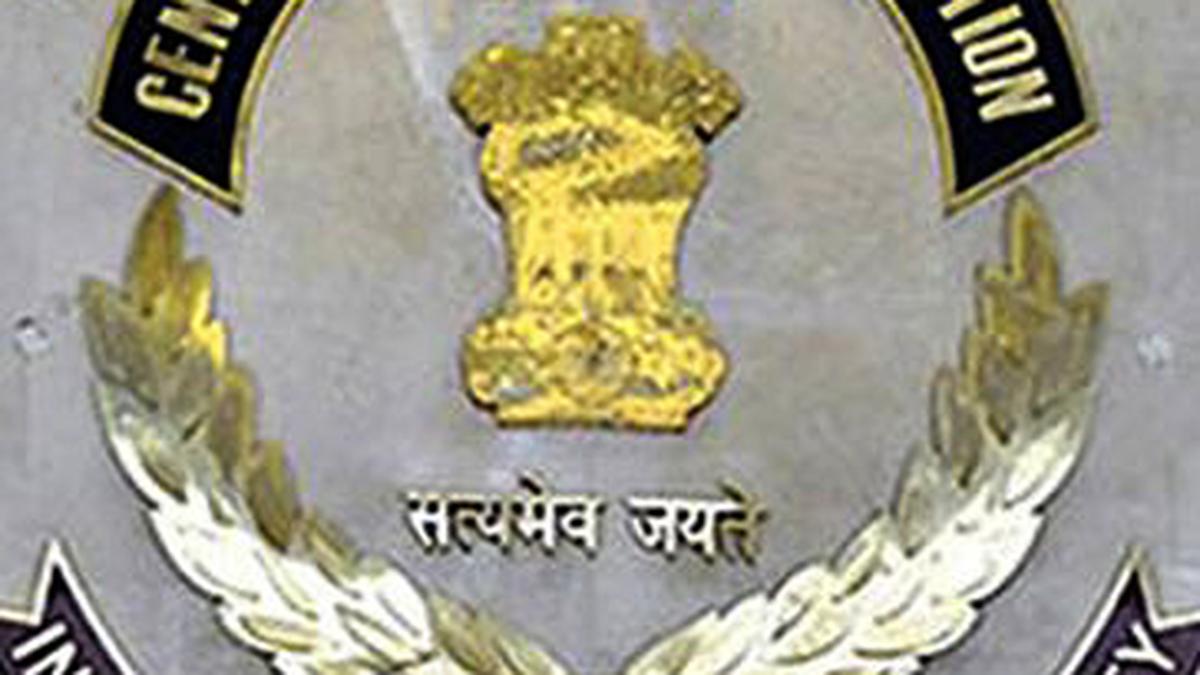
Who sends the CBI to States to investigate, SC asks Centre
The Hindu
Supreme Court questions Centre's control over CBI in West Bengal case, raising concerns over jurisdiction and authority.
The Supreme Court on Wednesday refused to accept at face value the Centre’s claim that it has no control over the Central Bureau of Investigation (CBI), asking who else can send the premier investigating agency to States to investigate cases.
“Who would be the authority to authorise the CBI to proceed to another State for investigation?” Justice Sandeep Mehta, a member of the two-judge Bench headed by Justice B.R. Gavai, asked Solicitor General Tushar Mehta, appearing for the Centre.
“The Central government,” Mr. Mehta acquiesced finally.
The court was hearing an original suit filed by the State of West Bengal under Article 131 of the Constitution, accusing the Union government of “interfering” in cases originating within the State’s jurisdiction by unilaterally authorising the CBI to probe them.
West Bengal said the Centre continues to employ the CBI regardless of the fact that the State had withdrawn its general consent to CBI investigations within its territory under Section 6 of the Delhi Special Police Establishment (DSPE) Act, 1946 way back in November 2018. The CBI has registered over 15 cases in West Bengal.
The Solicitor General had argued that the suit was not maintainable and should be dismissed at the outset. West Bengal had wrongly made the Union the defendant in the suit. The petitioners were wrong to term the CBI as the “police force of the Union”. The Centre had no role in where and how the CBI conducted its investigation, he contended.
Questioning this claim, Justice Mehta drew the Solicitor General’s attention to Section 5(1) of the DSPE Act, the statute which governs the premier probe agency.











